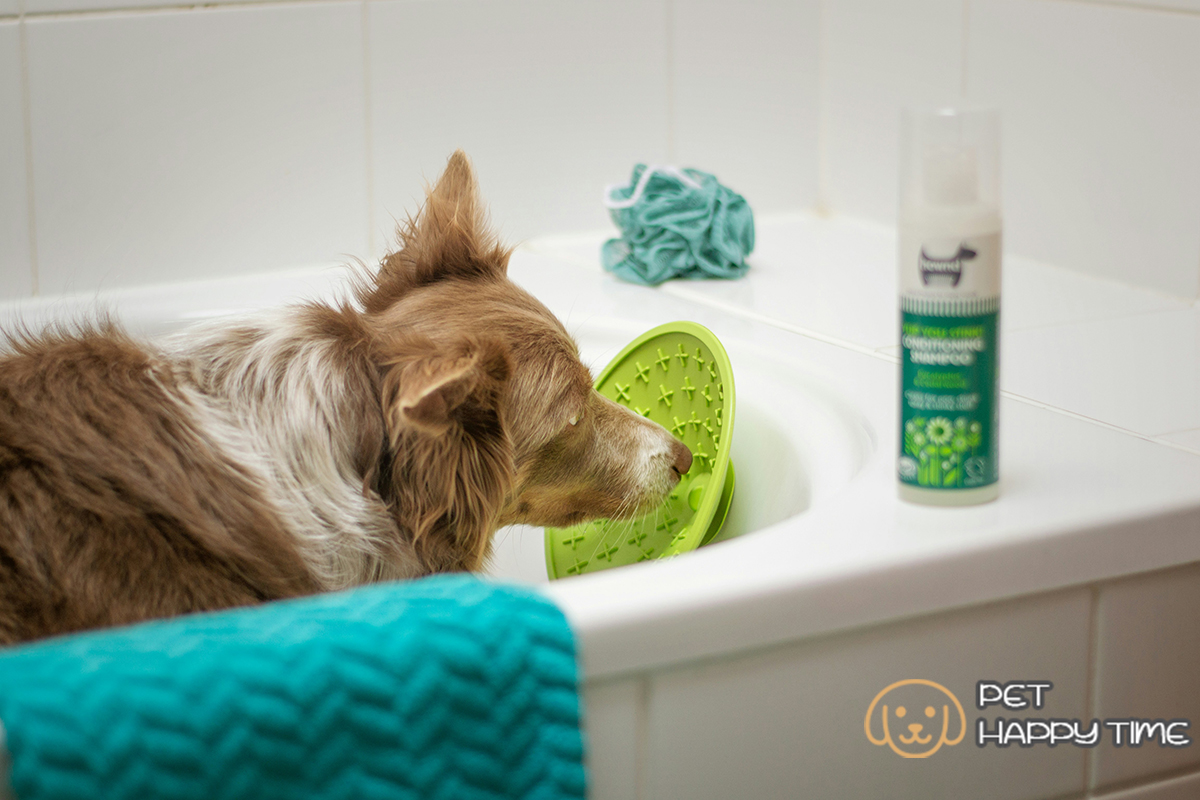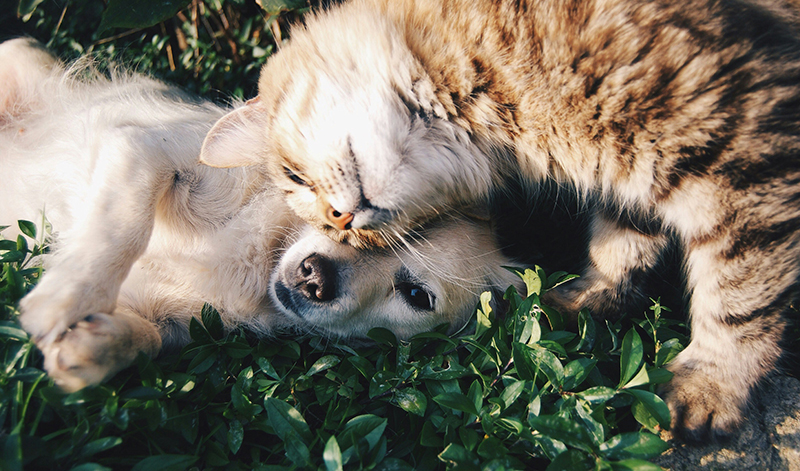
Taking care of a pet is a rewarding experience that comes with responsibilities. Just like humans, pets require daily care to maintain their health and happiness. Here are some essential tips for providing your furry, feathery, or scaly companion with the best possible care.

1. Feeding
A balanced diet is crucial for your pet's well-being. Make sure to provide high-quality food that suits your pet's age, breed, size, and activity level. Follow the feeding guidelines provided by the manufacturer, but also consult your veterinarian for specific dietary recommendations. Always have fresh water available for your pet to drink throughout the day.
2. Hygiene
Maintaining good hygiene is important for preventing diseases and keeping your pet comfortable. Depending on the species, this can include regular grooming such as brushing fur, trimming nails, cleaning ears, and bathing. Some pets may need more frequent attention than others, especially long-haired breeds. It’s also important to keep the pet's living area clean and tidy.
3. Exercise
Exercise is vital for both physical and mental health. Daily walks, playtime, and opportunities to explore are beneficial for dogs, while cats might enjoy interactive toys and climbing structures. Even smaller pets like hamsters benefit from time outside their cage in a safe environment. Ensure that the exercise routine matches your pet's energy levels and abilities.
4. Health Monitoring
Keep an eye on your pet's behavior and physical condition. Changes in eating habits, lethargy, or signs of pain can be indicators of illness. Regular veterinary check-ups are important for early detection of potential health problems. Stay up-to-date with vaccinations and parasite control treatments as recommended by your vet.
5. Mental Stimulation
Pets need mental stimulation to prevent boredom and destructive behaviors. Toys, puzzles, and training sessions can help keep your pet's mind active and engaged. Spend quality time with your pet each day, which not only strengthens your bond but also provides necessary social interaction.
6. Safety
Ensure that your home and outdoor areas are safe for your pet. Remove any hazards that could cause injury, and make sure that toxic substances are out of reach. If you have a yard, ensure it is secure with proper fencing. When taking your pet outside, always use a leash unless you're in a designated off-leash area.
In conclusion, caring for a pet involves a commitment to their daily needs. By providing proper nutrition, hygiene, exercise, health monitoring, mental stimulation, and safety, you can ensure that your pet leads a healthy and happy life. Remember, the effort you put into your pet's care will be rewarded with loyalty and companionship.
I hope you find this article helpful and informative for anyone looking to understand the basics of pet care.



